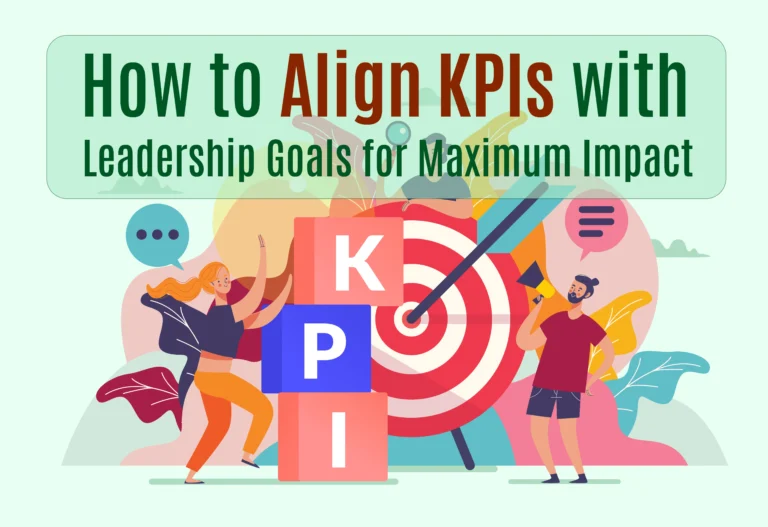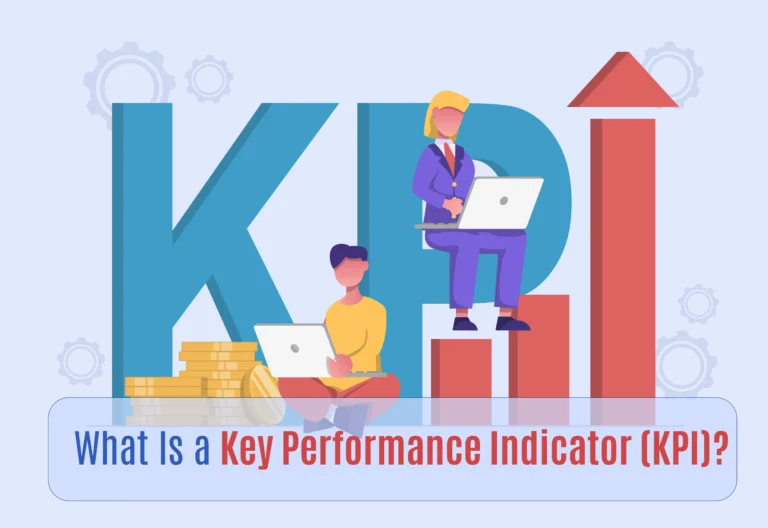Understanding the Basics of Insurance: What You Need to Know
Navigating the world of insurance can seem overwhelming, with its complex terminology and seemingly endless policy options. However, understanding the basics of insurance is crucial for making informed decisions that can safeguard your financial future. Insurance serves as a protective cushion against unforeseen risks, helping you manage the financial impact of various life events. By delving into the fundamentals of insurance, you’ll gain the knowledge necessary to select the right policies for your needs, avoid common mistakes, and ensure you’re adequately covered. This guide will break down the essentials of insurance into manageable pieces, making it easier for you to grasp and apply the concepts effectively.

What is Insurance?
Insurance is a financial arrangement that provides protection against potential losses or damages in exchange for regular premium payments. Essentially, insurance functions as a safety net, helping individuals and businesses mitigate the impact of unexpected events. By pooling risk among many policyholders, insurance companies can offer coverage for various types of risks, from health issues to property damage.
Insurance operates on the principle of risk distribution. Many people contribute to a common fund through their premiums. When a covered event occurs, such as an accident or illness, the insurance company uses the pooled funds to compensate the affected individuals. This system helps spread the financial risk among a larger group, reducing the burden on any single policyholder.
Example: Consider health insurance. You pay a monthly premium, and in return, your insurance covers a significant portion of your medical expenses. This arrangement helps you avoid substantial out-of-pocket costs during health crises, such as surgeries or extended treatments.
Types of Insurance
There are numerous types of insurance, each designed to cover different aspects of risk. Here’s a closer look at some of the most common types:
- Health Insurance: Health insurance provides coverage for medical expenses, including doctor visits, hospital stays, and prescription medications. It’s essential for managing healthcare costs and ensuring access to necessary treatments. Health insurance plans vary in coverage and cost, with options like HMOs, PPOs, and high-deductible plans available.
- Auto Insurance: Auto insurance covers damages resulting from vehicle-related incidents. This type of insurance includes several components:
- Liability Coverage: Pays for injuries and property damage you cause to others in an accident.
- Collision Coverage: Covers damage to your vehicle from collisions, regardless of fault.
- Comprehensive Coverage: Protects against non-collision-related damages, such as theft, vandalism, or natural disasters.
- Home Insurance: Home insurance protects your property and belongings from damage or loss due to events like fire, theft, or natural disasters. It also typically includes liability coverage for injuries that occur on your property. Home insurance policies often have various coverage levels, so it’s important to choose one that reflects the value of your home and possessions.
- Life Insurance: Life insurance provides financial support to your beneficiaries in the event of your death. It can help cover funeral expenses, debts, and provide financial security for your loved ones. Life insurance policies come in two main types:
- Term Life Insurance: Offers coverage for a specific period, such as 10, 20, or 30 years.
- Permanent Life Insurance: Includes whole life and universal life policies, providing coverage for your entire lifetime and often accumulating cash value over time.
Example: A young family might choose health insurance with comprehensive coverage to ensure access to medical care and life insurance to provide financial security for their children in case of an unexpected death.
Key Terms to Know
Understanding insurance requires familiarity with several key terms. Here’s a glossary of important insurance concepts:
- Premium: The amount you pay for your insurance policy, usually on a monthly or annual basis. Premiums can vary based on factors like coverage levels, deductibles, and the insurer’s risk assessment.
- Deductible: The amount you must pay out of pocket before your insurance coverage kicks in. Deductibles are common in health and auto insurance policies. Generally, higher deductibles result in lower premiums, but you’ll need to pay more upfront when filing a claim.
- Coverage Limit: The maximum amount an insurance policy will pay for a covered loss. Policies often have different limits for various types of coverage, so it’s important to ensure your limits are adequate for your needs.
- Exclusions: Specific conditions or situations that are not covered by your insurance policy. Exclusions can vary by policy, so it’s crucial to understand what is and isn’t covered to avoid unexpected costs.
- Copayment (Copay): A fixed amount you pay for certain medical services or prescription medications, typically at the time of service. Copayments are a common feature of health insurance plans.
Example: If your auto insurance policy has a $500 deductible, you’ll need to pay the first $500 of any repair costs yourself. Once you’ve met this deductible, your insurance will cover the remaining expenses up to the coverage limit.
How to Choose the Right Insurance
Selecting the right insurance involves assessing your personal or business needs and comparing various options. Here are some steps to help you make informed decisions:
- Assess Your Risks: Identify potential risks and areas where insurance coverage is necessary. Consider factors such as health issues, vehicle ownership, property value, and financial responsibilities. Understanding your specific needs will guide you in choosing appropriate coverage.
- Compare Policies: Research different insurance providers and their policies. Compare coverage options, premium costs, deductibles, and other features. Online comparison tools and insurance brokers can help you evaluate various plans and find the best fit for your needs.
- Read the Fine Print: Thoroughly review the terms and conditions of your insurance policy. Pay attention to coverage limits, exclusions, and any additional features or benefits. Understanding the details of your policy will help you avoid surprises when filing a claim.
- Consult with Experts: If you’re unsure about which policy is best for you, consider seeking advice from an insurance agent or financial advisor. They can provide personalized recommendations based on your individual situation and help you navigate the complexities of insurance.
Example: A small business owner may need commercial property insurance to protect their business assets and liability insurance to cover potential legal claims. By comparing policies from different insurers, they can find coverage that aligns with their specific business risks and budget.
The Importance of Regular Reviews
Insurance needs can change over time due to various life events and circumstances. Regularly reviewing your policies ensures they continue to meet your evolving needs. Here’s why periodic reviews are essential:
- Life Changes: Significant life events, such as marriage, having children, or buying a home, can impact your insurance requirements. Updating your policies to reflect these changes ensures you have adequate coverage.
- Policy Updates: Insurance companies may modify their policies or offer new coverage options. Reviewing your policy regularly allows you to stay informed about changes and take advantage of improved coverage options or better rates.
- Coverage Adjustments: As your financial situation or risk profile changes, you may need to adjust your coverage levels. For example, if you acquire valuable assets, you may need to increase your home or auto insurance coverage to protect these new assets.
Example: After purchasing a new car, it’s important to update your auto insurance policy to reflect the vehicle’s higher value. Similarly, if your family grows, you may need to adjust your life insurance policy to provide adequate financial support for your dependents.
Common Insurance Mistakes to Avoid
Avoiding common insurance mistakes can help you make the most of your coverage and avoid unnecessary expenses. Here are some pitfalls to watch out for:
- Underestimating Coverage Needs: Failing to assess your risks accurately or choosing insufficient coverage can leave you vulnerable to significant financial losses. Ensure your coverage levels align with your needs and potential risks.
- Ignoring Policy Terms: Not understanding the terms and conditions of your policy can lead to unexpected costs or coverage gaps. Review your policy carefully and ask questions if needed.
- Failing to Shop Around: Insurance rates and coverage options can vary widely among providers. Regularly comparing policies and seeking quotes from different insurers can help you find better rates or coverage options.
- Neglecting Policy Updates: Not updating your policy to reflect changes in your life or risk profile can result in inadequate coverage. Regularly review and adjust your policies as needed.
Example: If you don’t review your health insurance policy after a major life event, such as a new job or moving to a different state, you might find that your coverage no longer meets your needs or that you’re paying for unnecessary benefits.
Conclusion
Understanding the basics of insurance is vital for protecting your financial well-being and managing risks effectively. By familiarizing yourself with different types of insurance, key terms, and how to choose the right coverage, you can make informed decisions that safeguard your future. Regularly reviewing your policies ensures they remain suitable for your needs, and avoiding common mistakes helps you maximize the benefits of your coverage.
Take control of your financial security by assessing your insurance needs, comparing options, and seeking expert advice if necessary. Your future self will thank you for the protection you set up today. Start by reviewing your current insurance policies or contacting an insurance advisor to ensure you have the coverage you need. Don’t wait—secure your financial future now and gain peace of mind knowing that you’re well-protected against life’s uncertainties.












